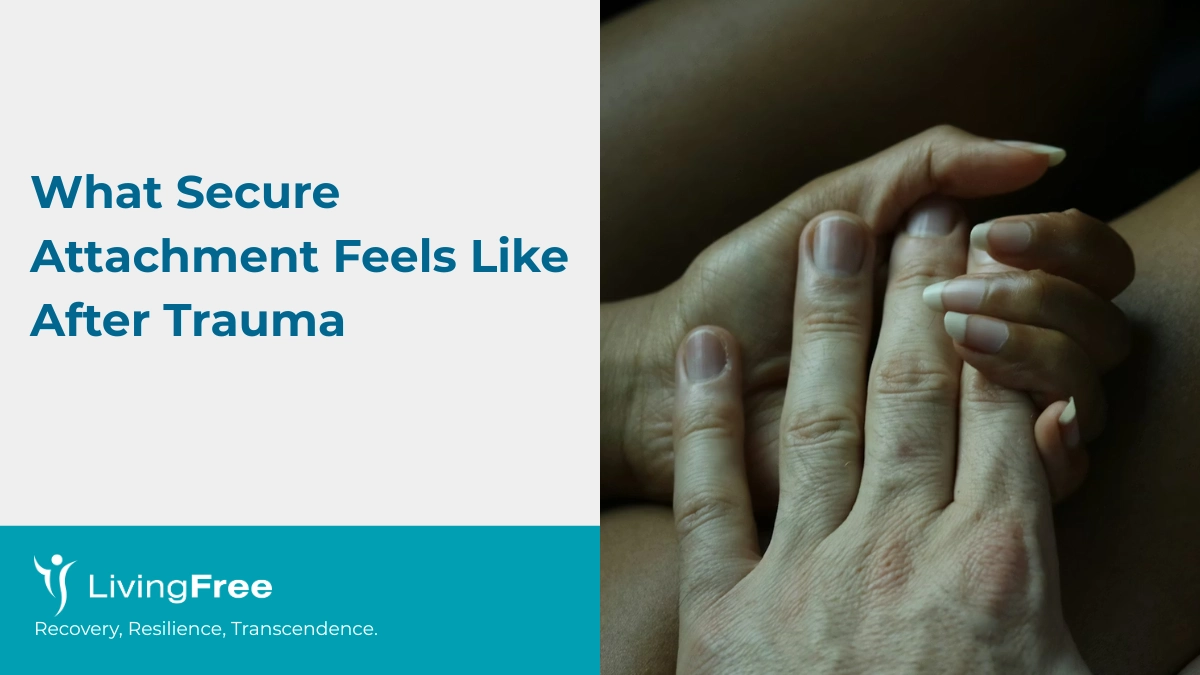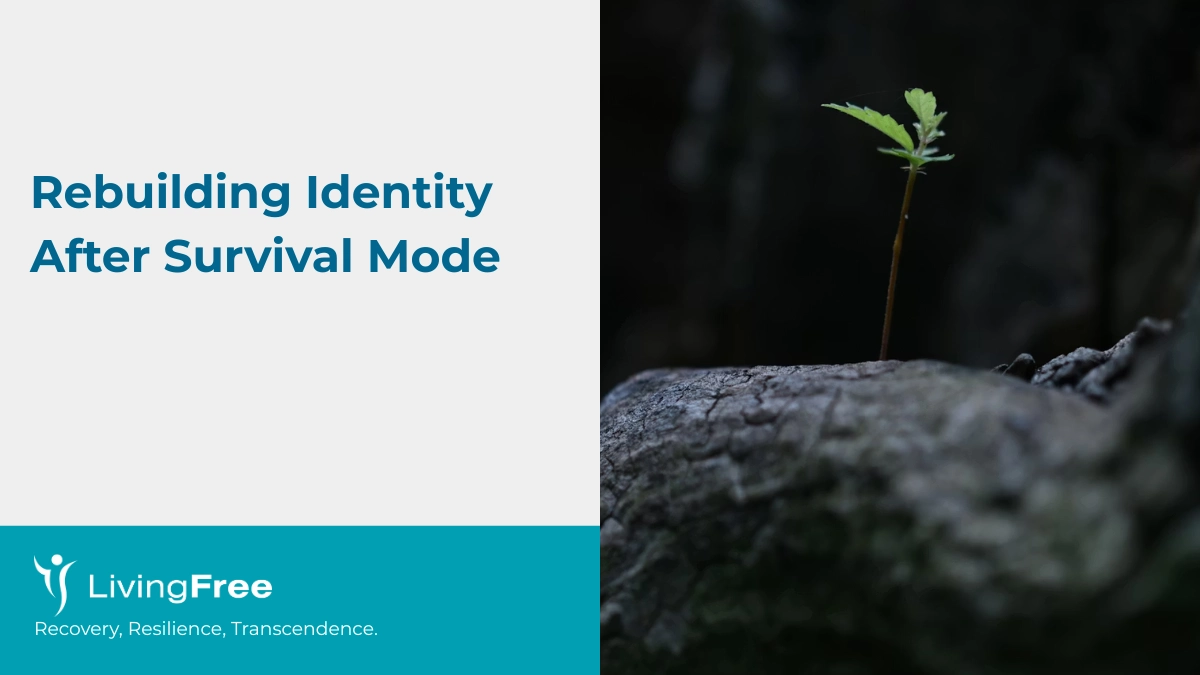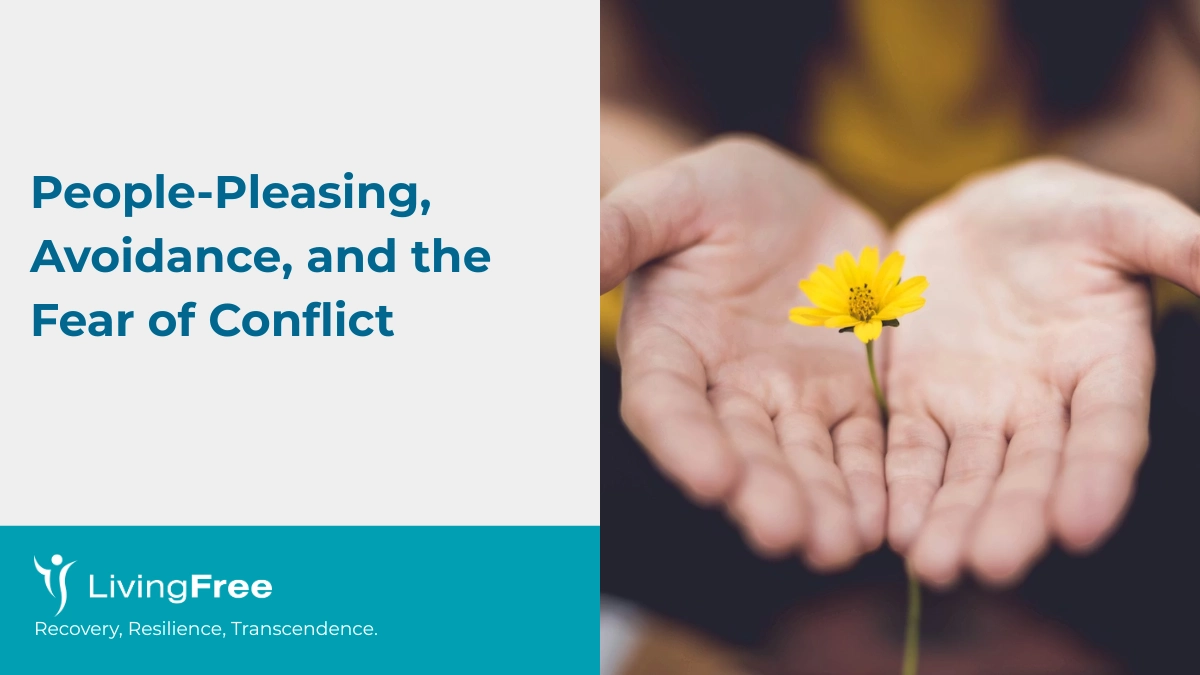What is Cognitive Behavioural Therapy?
Cognitive Behavioural Therapy, or CBT, is one of the most well-known and researched forms of therapy. At its heart, CBT is based on a simple but powerful idea: the way we think affects the way we feel and behave.
When we’ve been through trauma or prolonged stress, our thoughts can become distorted. We might believe things like “I’m not safe,” “I’ll never recover,” or “I’m not good enough.” These beliefs are painful, and they shape how we feel and act in daily life.
CBT helps you spot these unhelpful thoughts, challenge them, and replace them with more balanced, supportive perspectives. Over time, this reduces symptoms such as anxiety, depression, avoidance, or hyperarousal.
At Living Free, CBT is practical and collaborative. Sessions often include real-life exercises, journaling, or skills practice between meetings, so you can apply what you learn directly into your life. Many clients find CBT empowering because it gives them tools they can continue to use long after therapy ends.

How It Works
Awareness:
Recognizing negative or distorted thoughts.
Challenge:
Testing these beliefs against evidence.
Change:
Replacing unhelpful patterns with more balanced perspectives.
Practice:
Applying new strategies in daily life through exercises and homework.

Who It Helps
CBT is effective for conditions such as:
- PTSD
- Stress Disorders
- Addiction
- Eating Disorders
- ADHD
Evidence Base
CBT is recommended by DSM-5 treatment guidelines for trauma and related disorders. It is supported by decades of clinical research and is considered a gold-standard approach for a wide range of mental health conditions.

Contact us to explore Cognitive Behavioural Therapy at Living Free.





